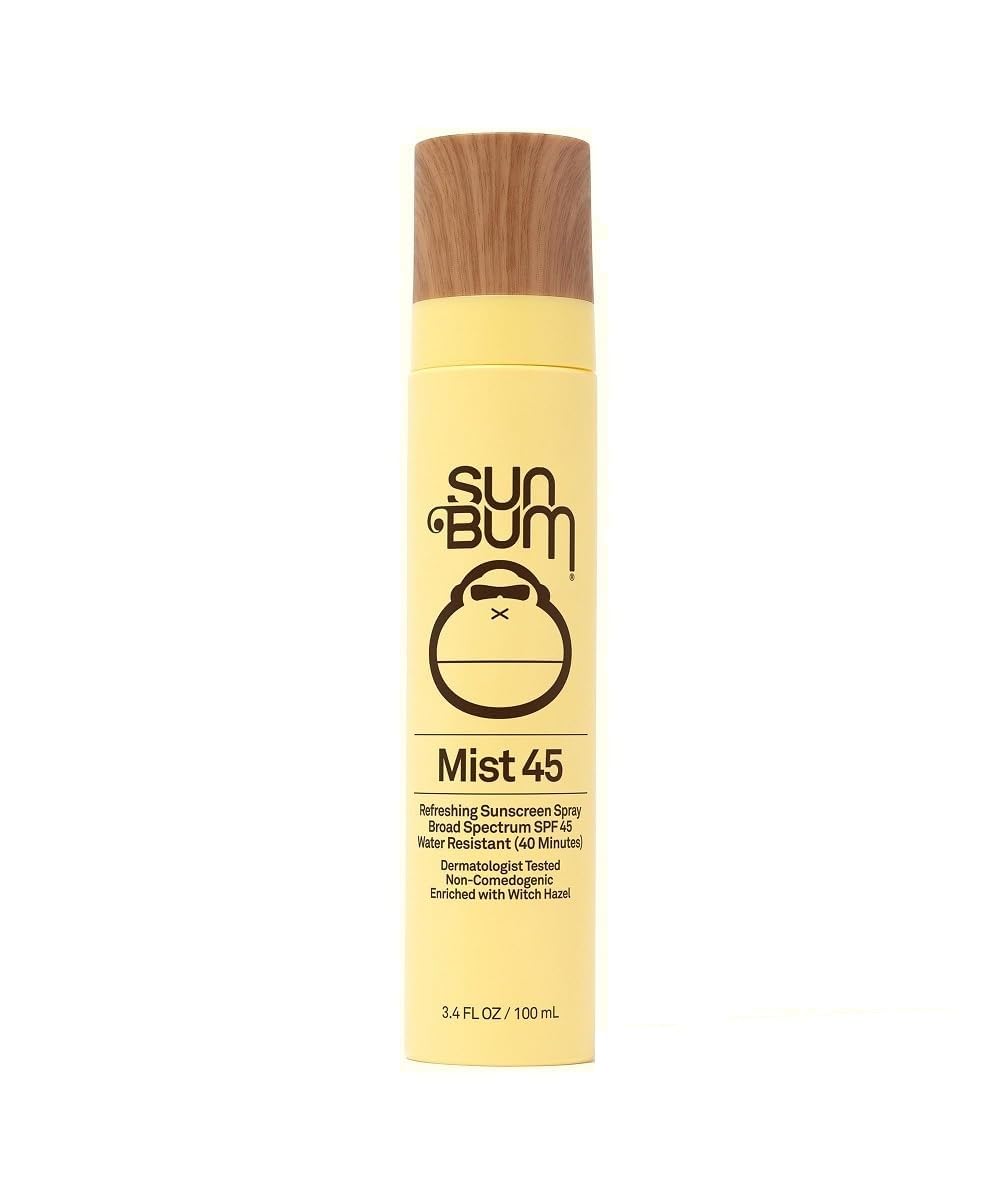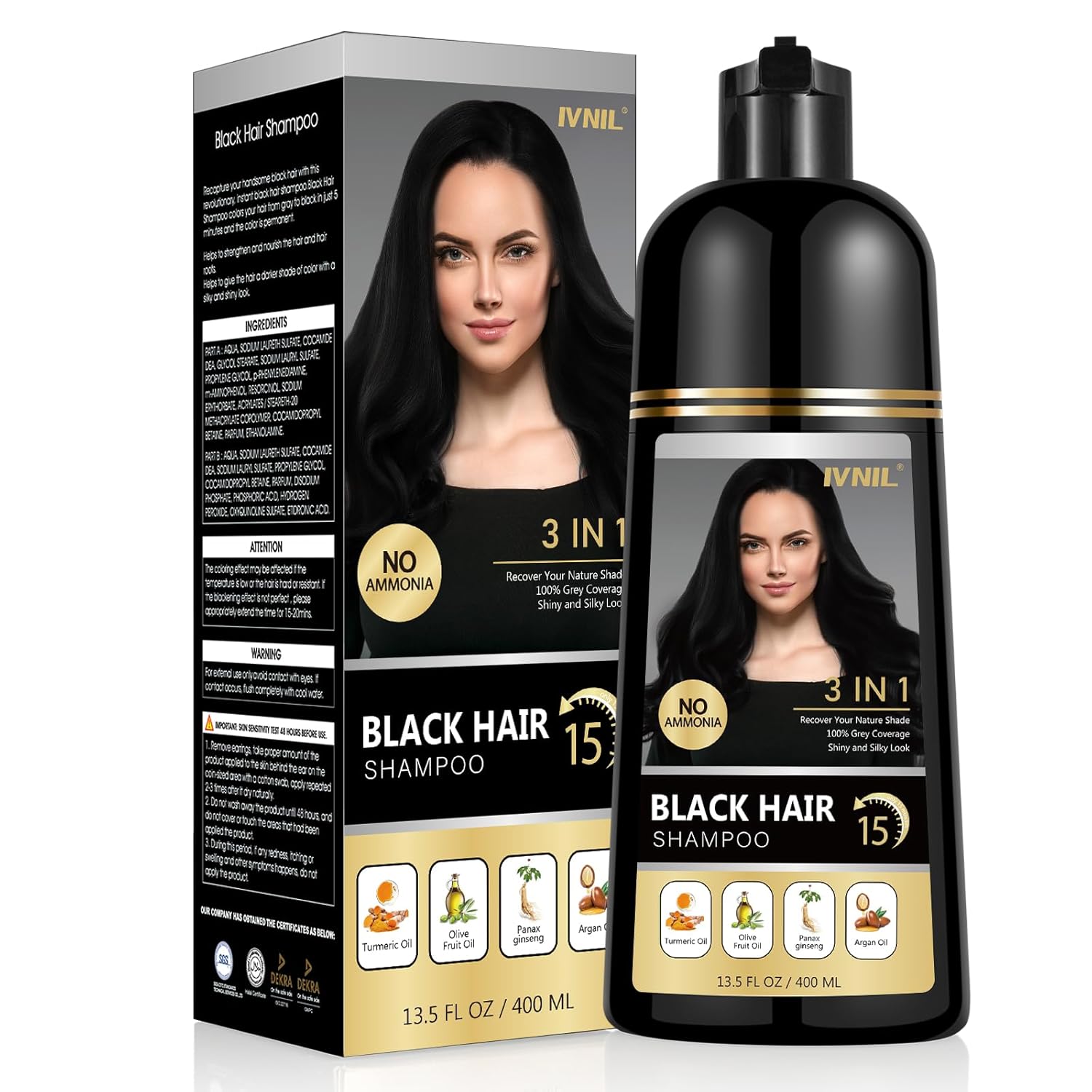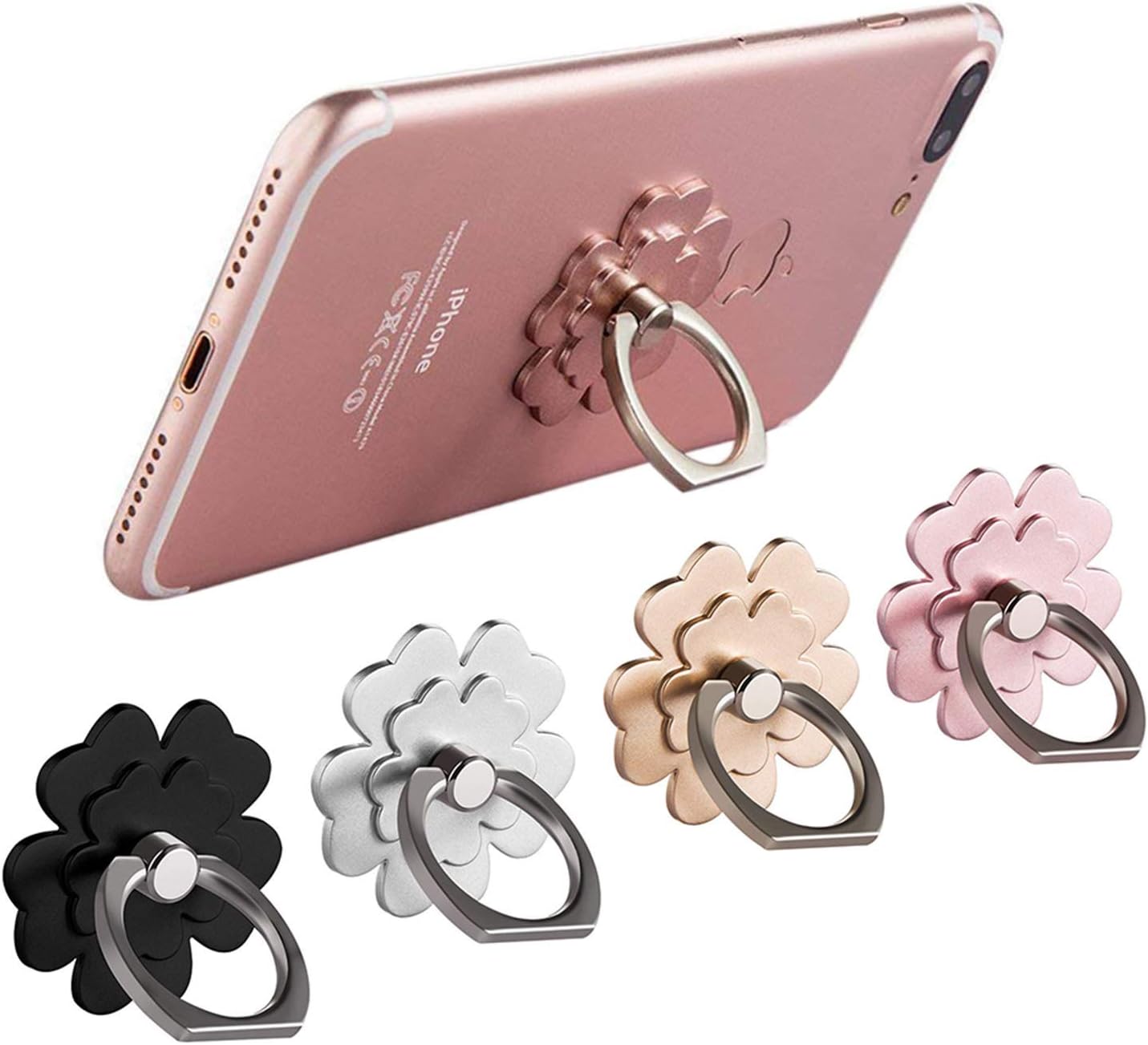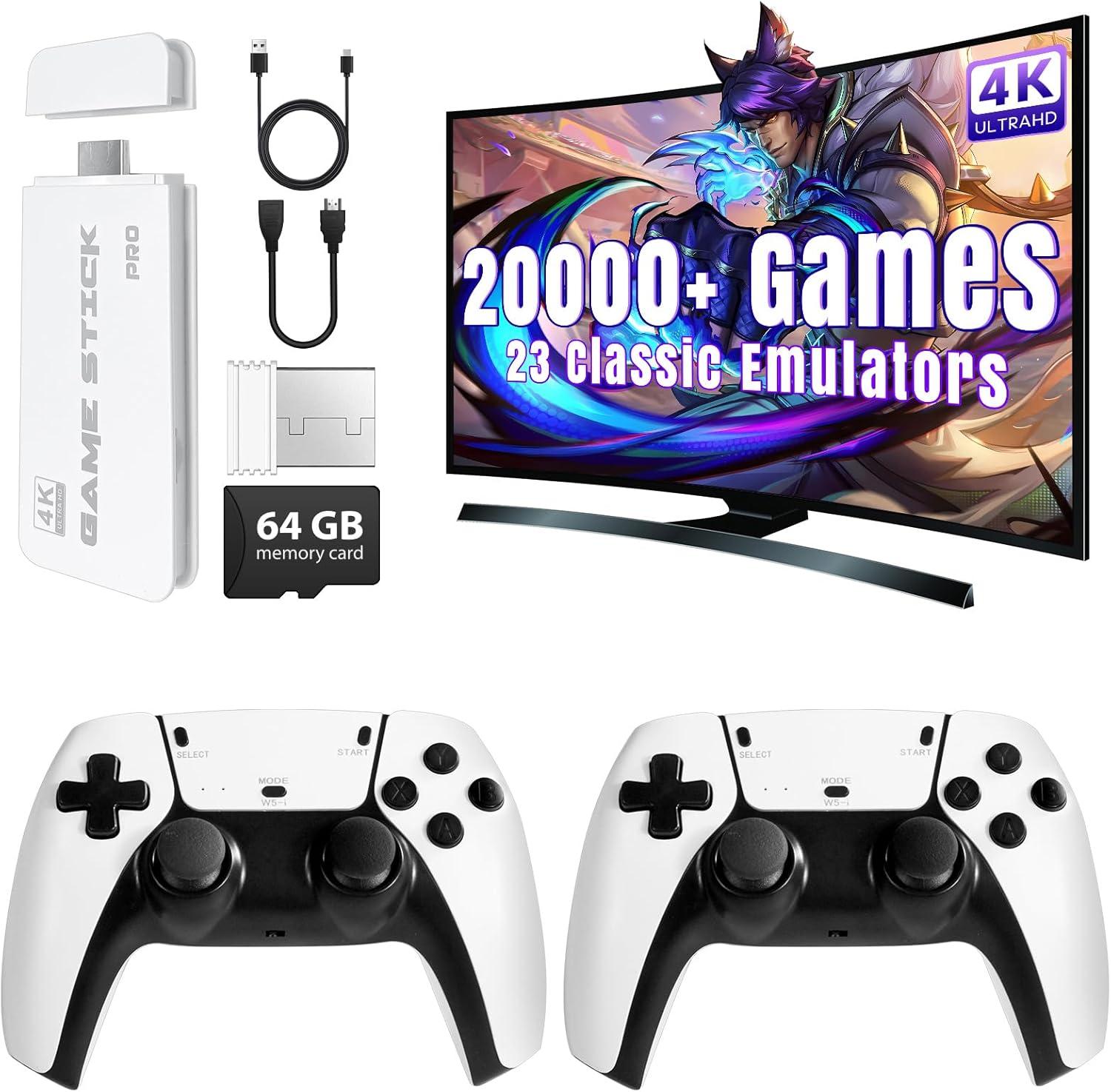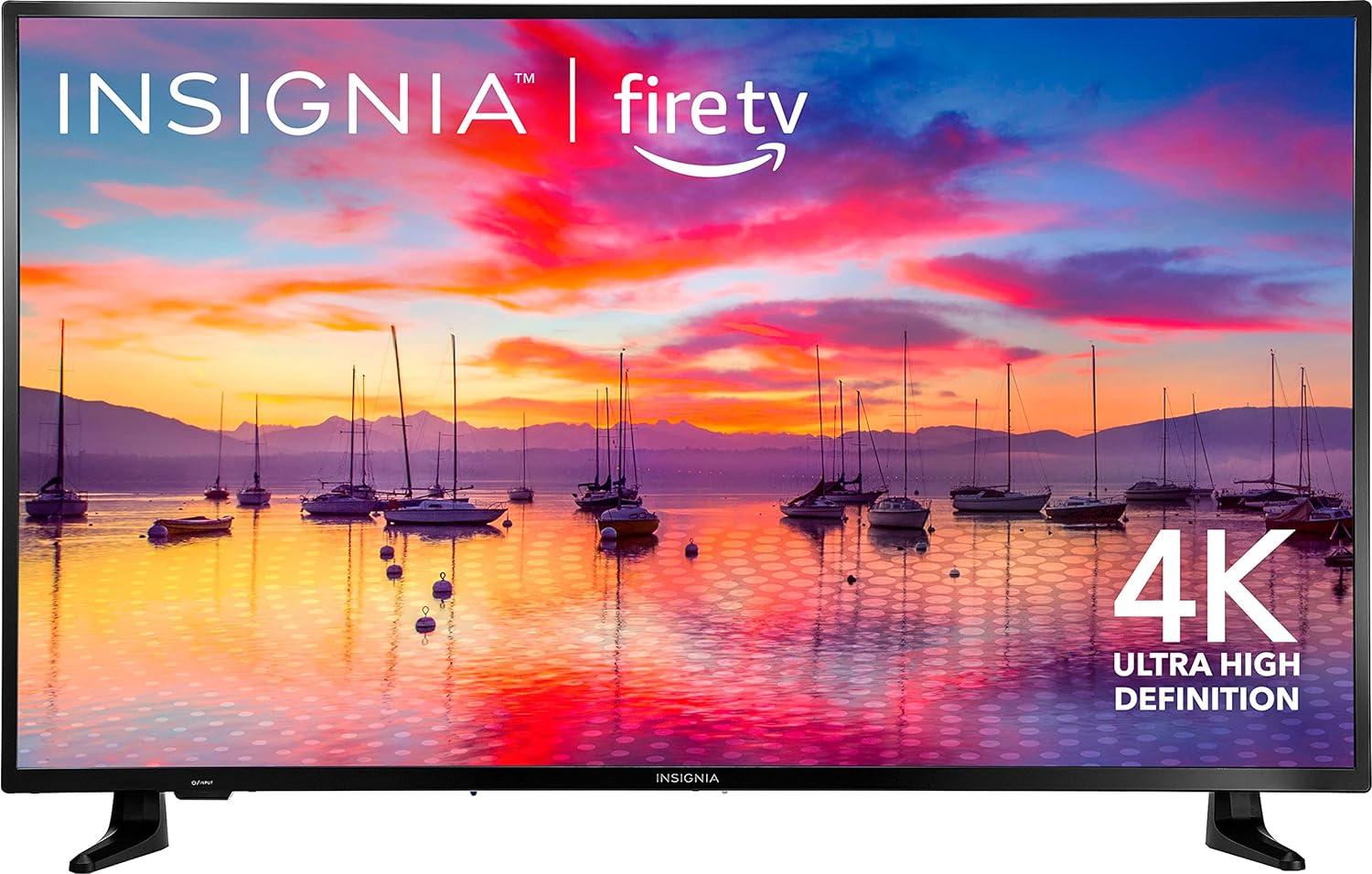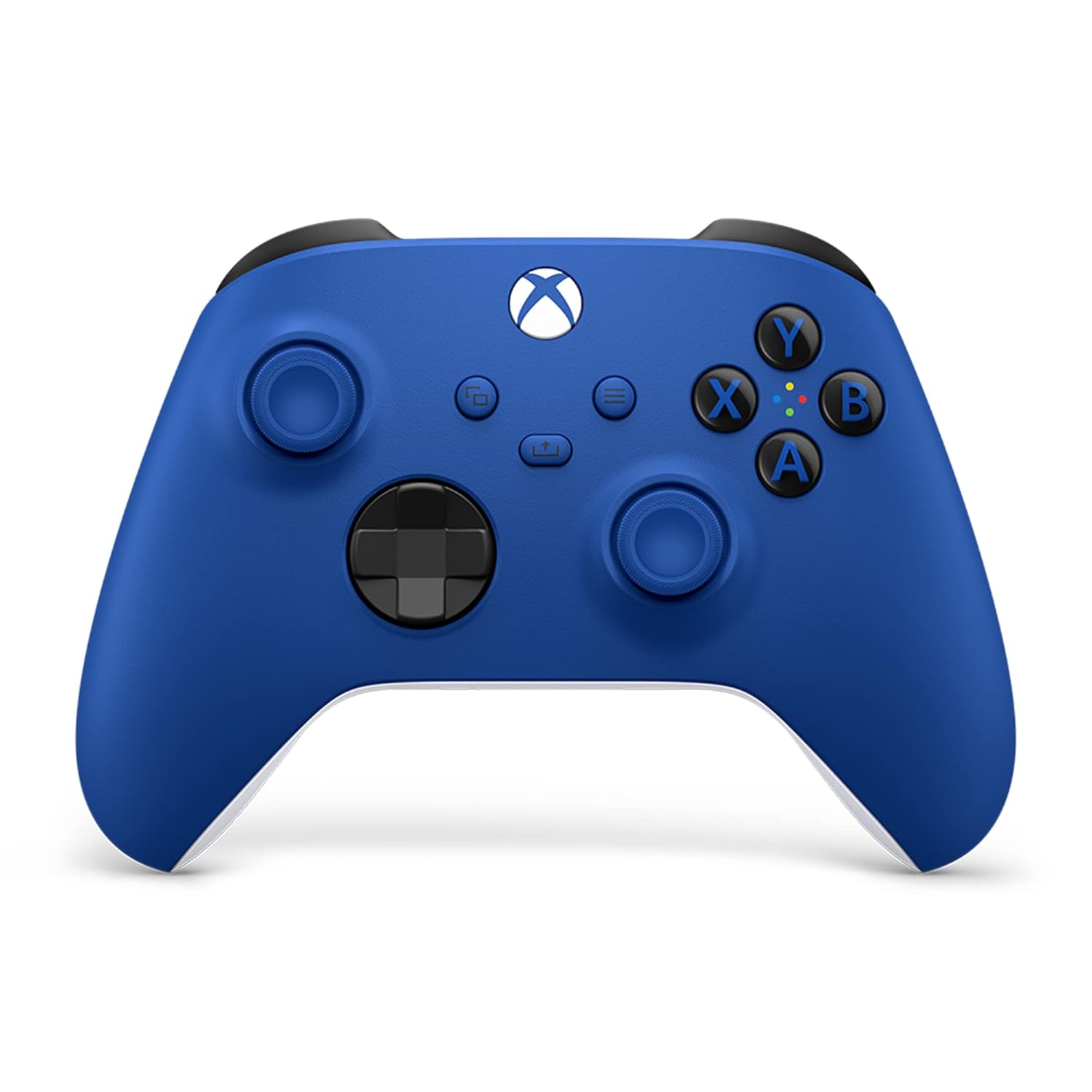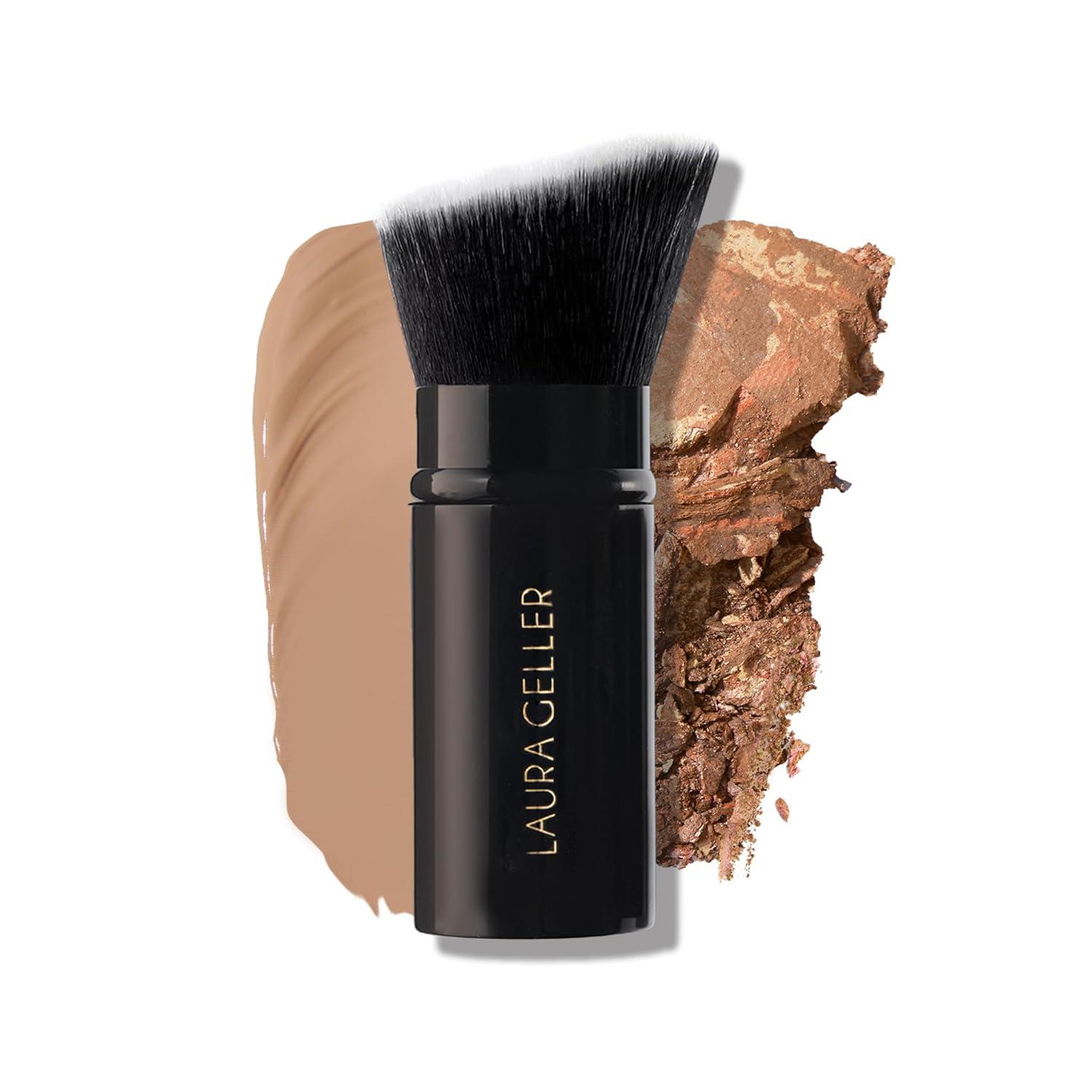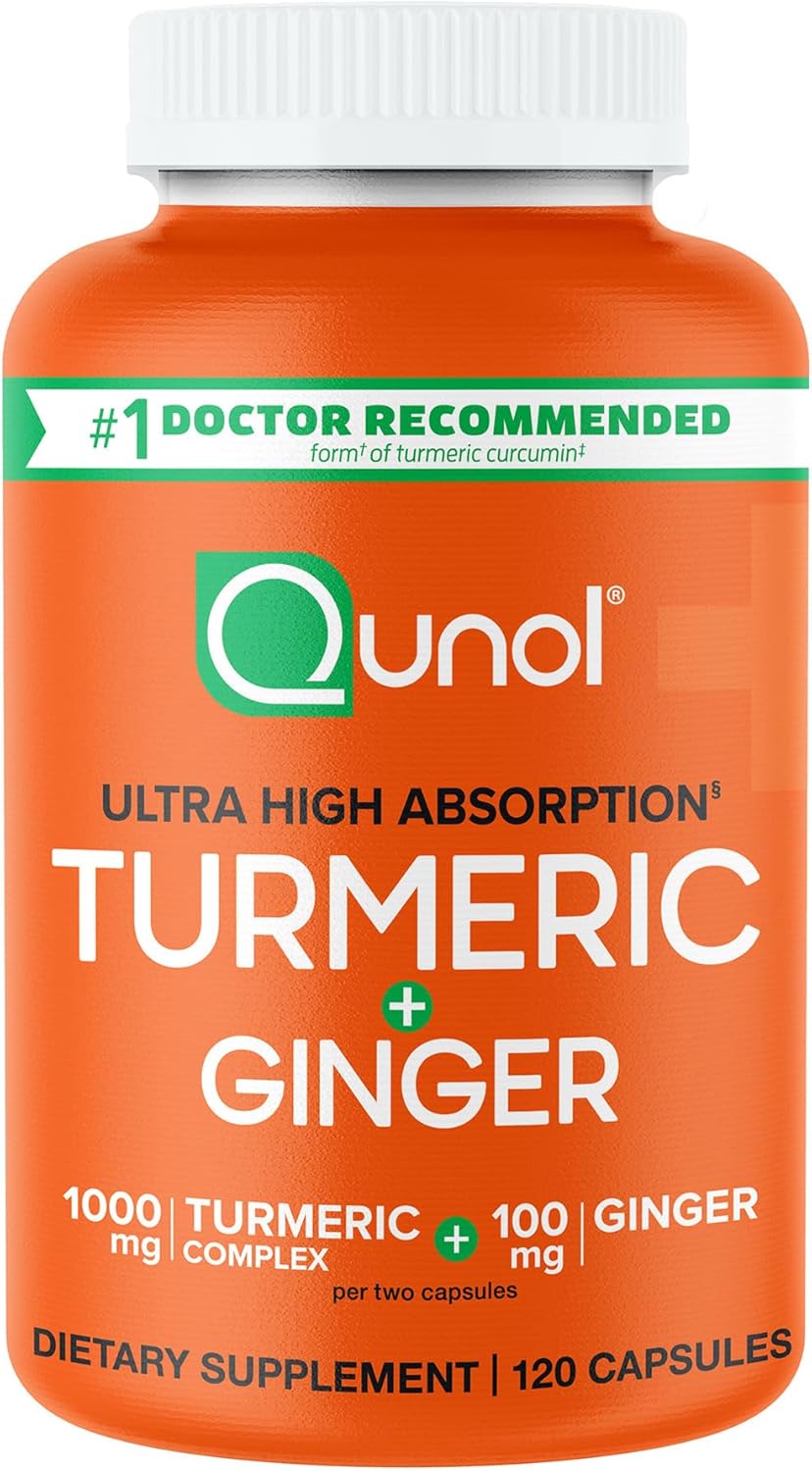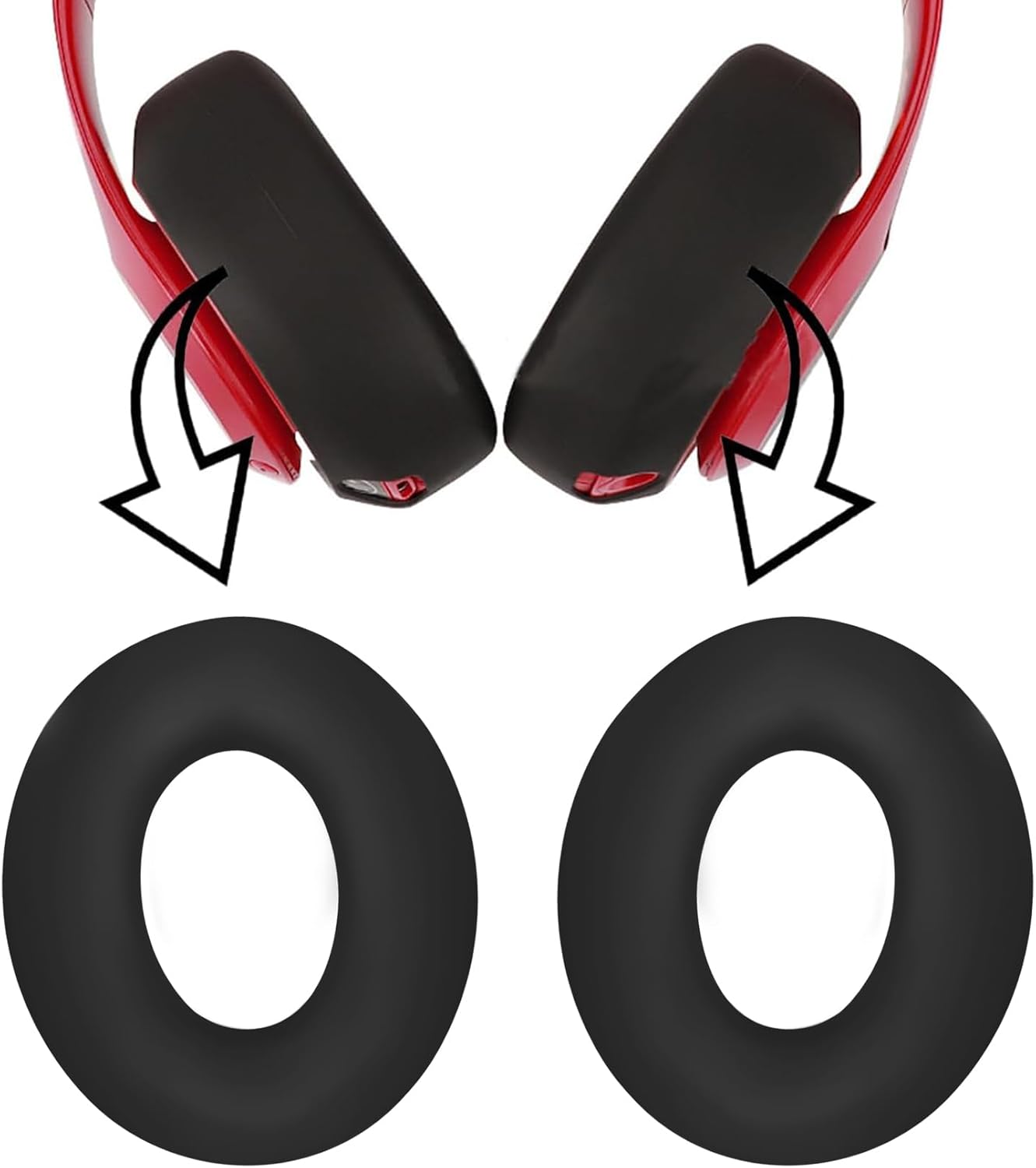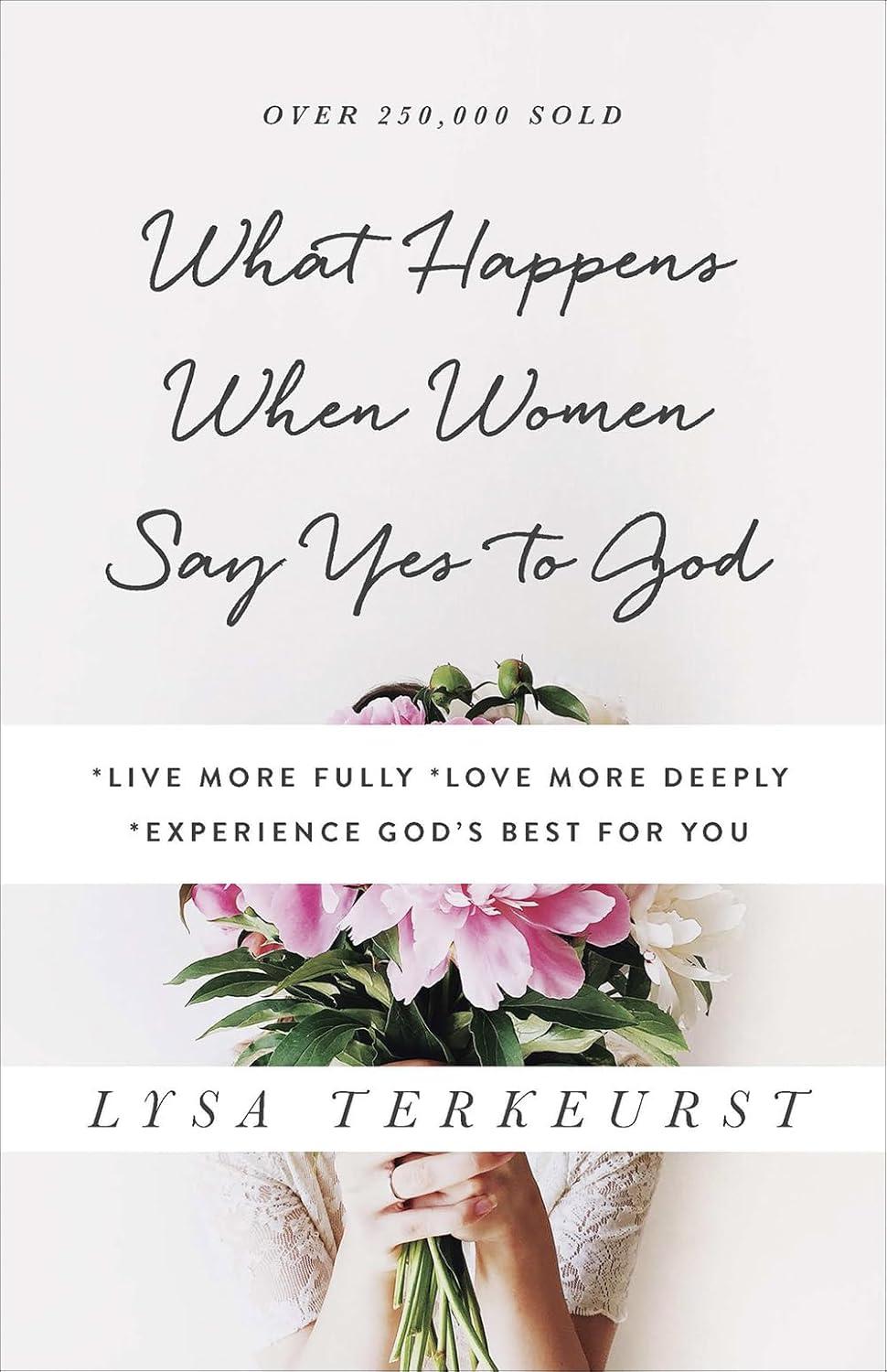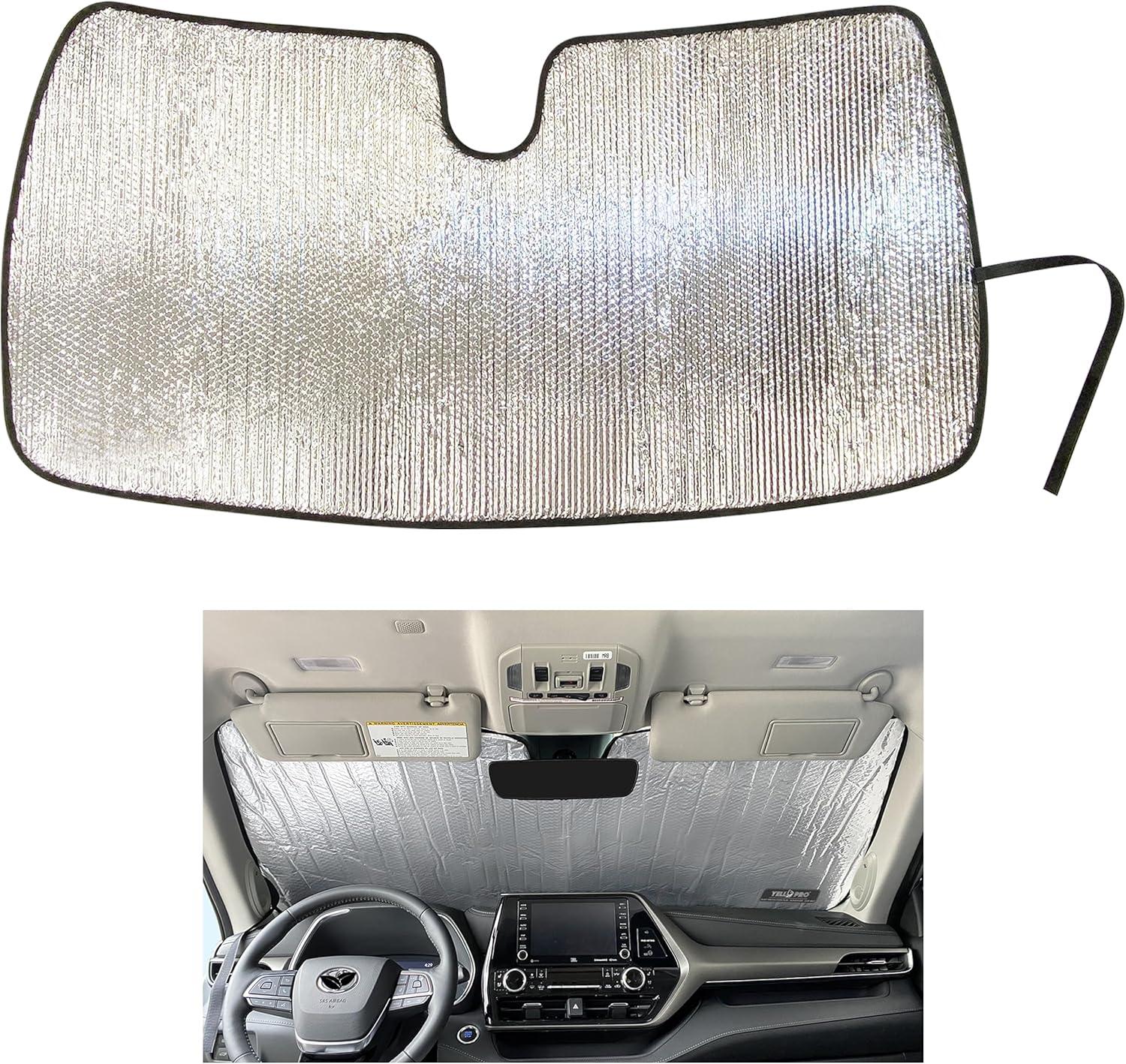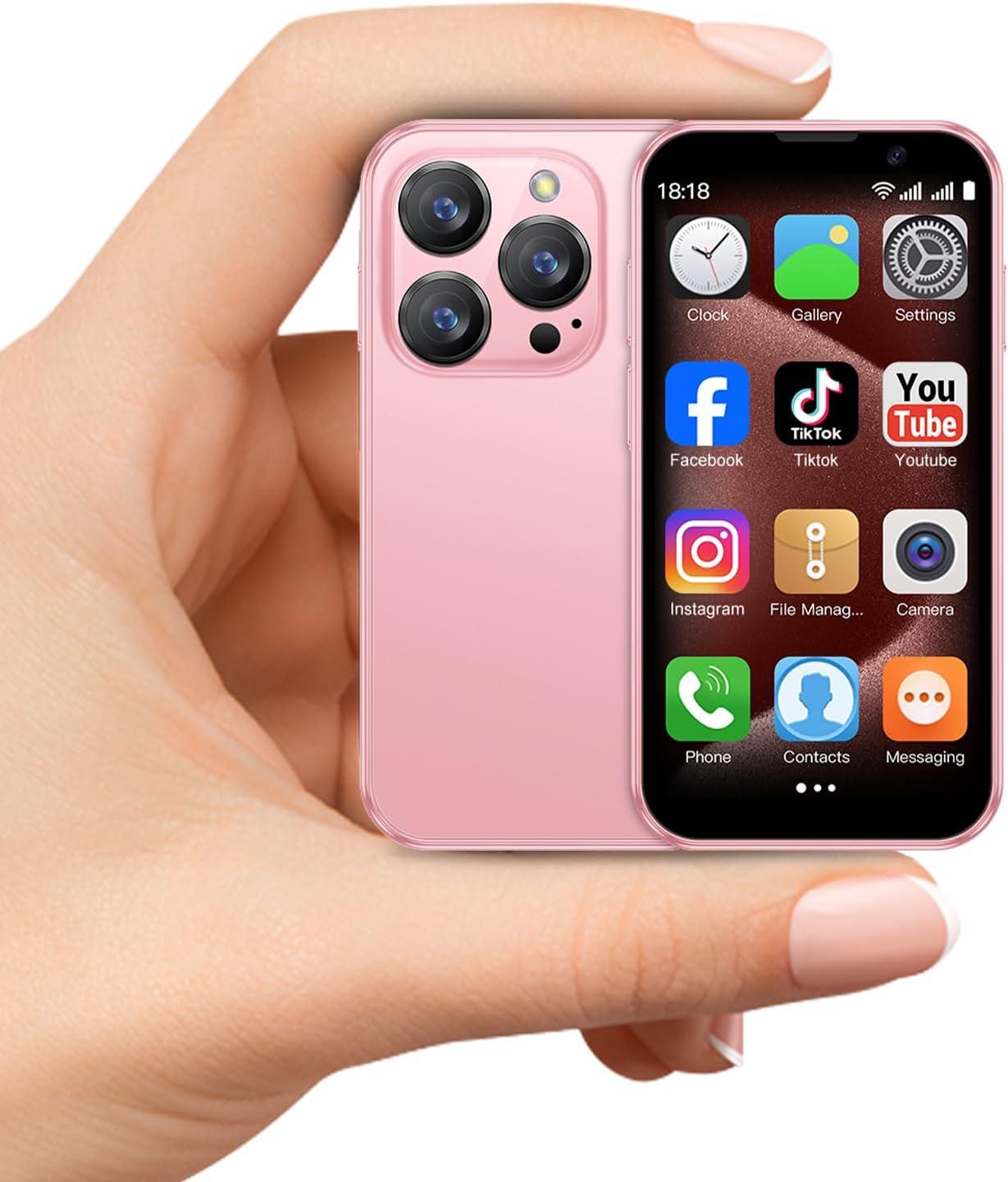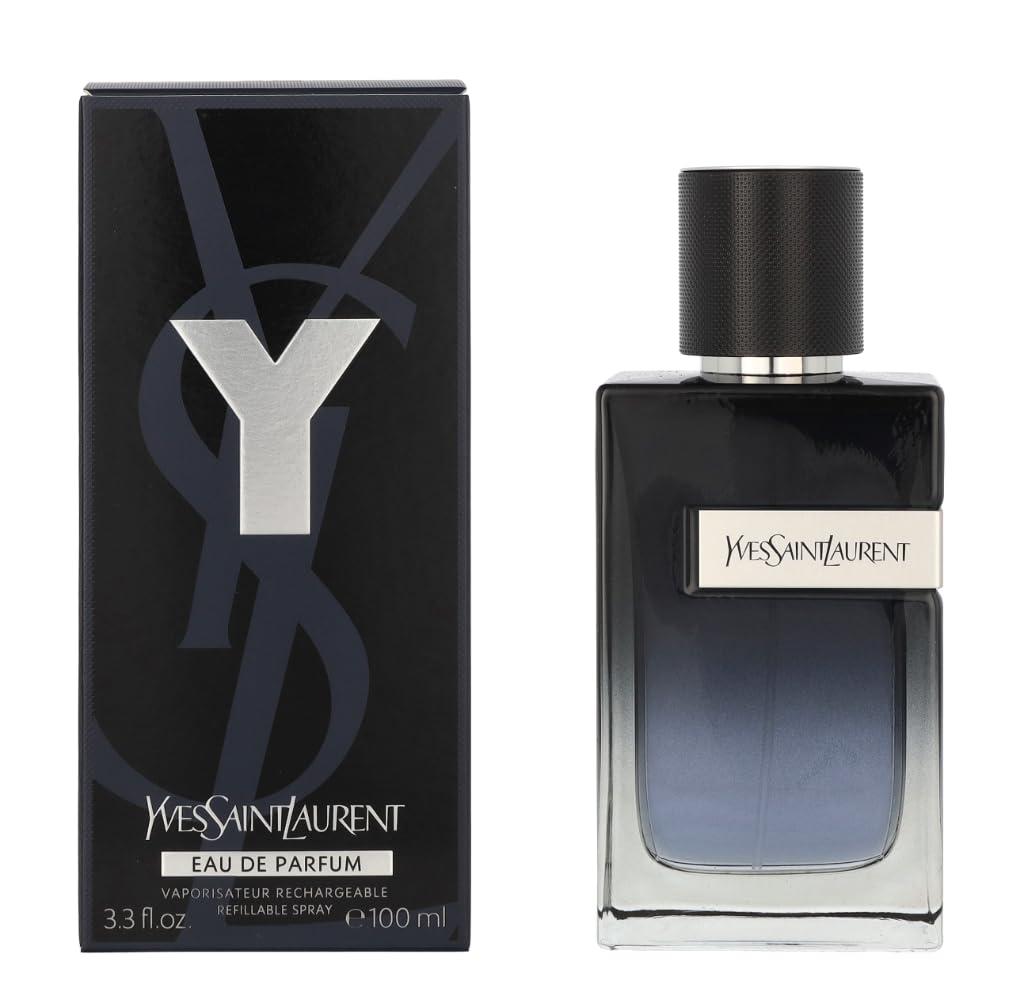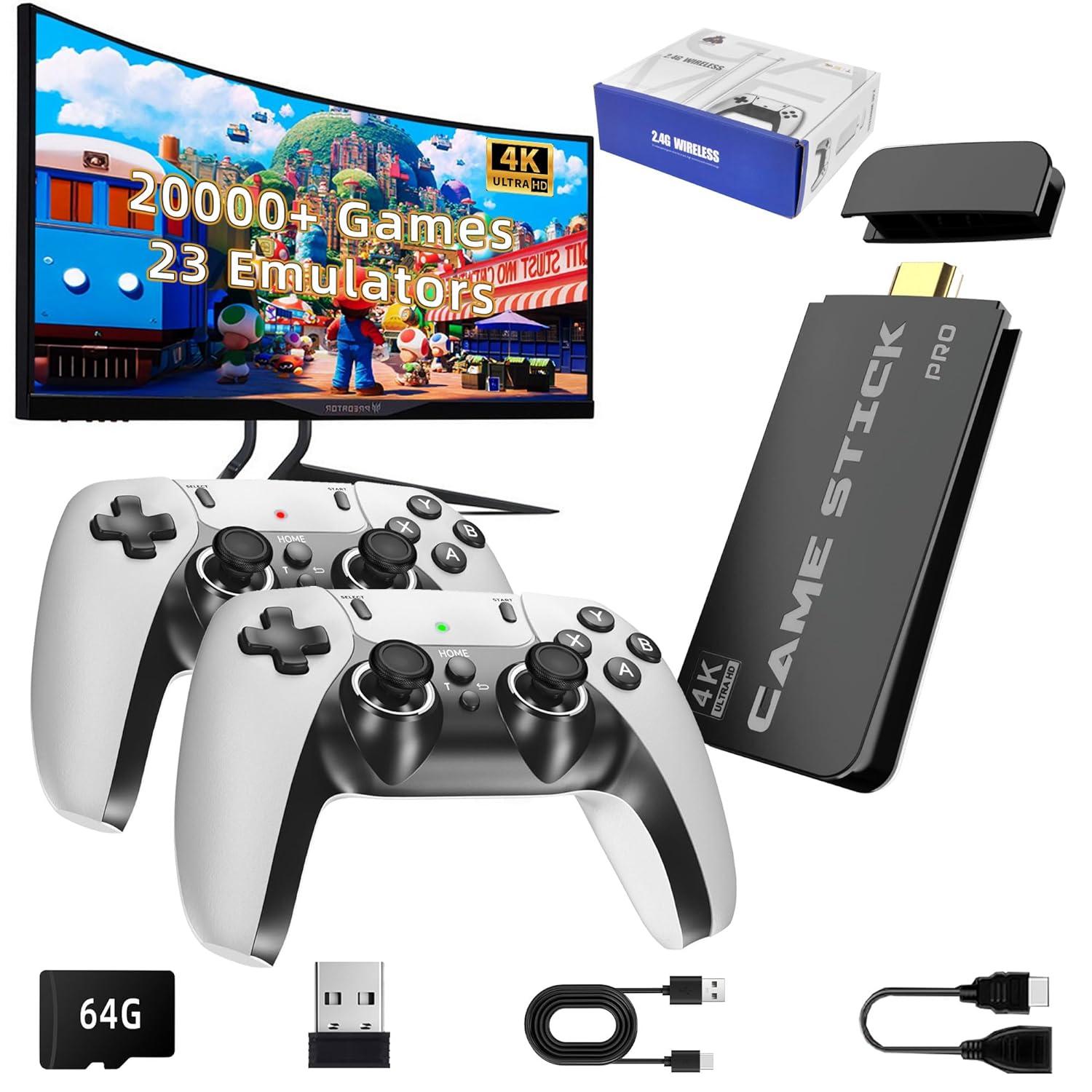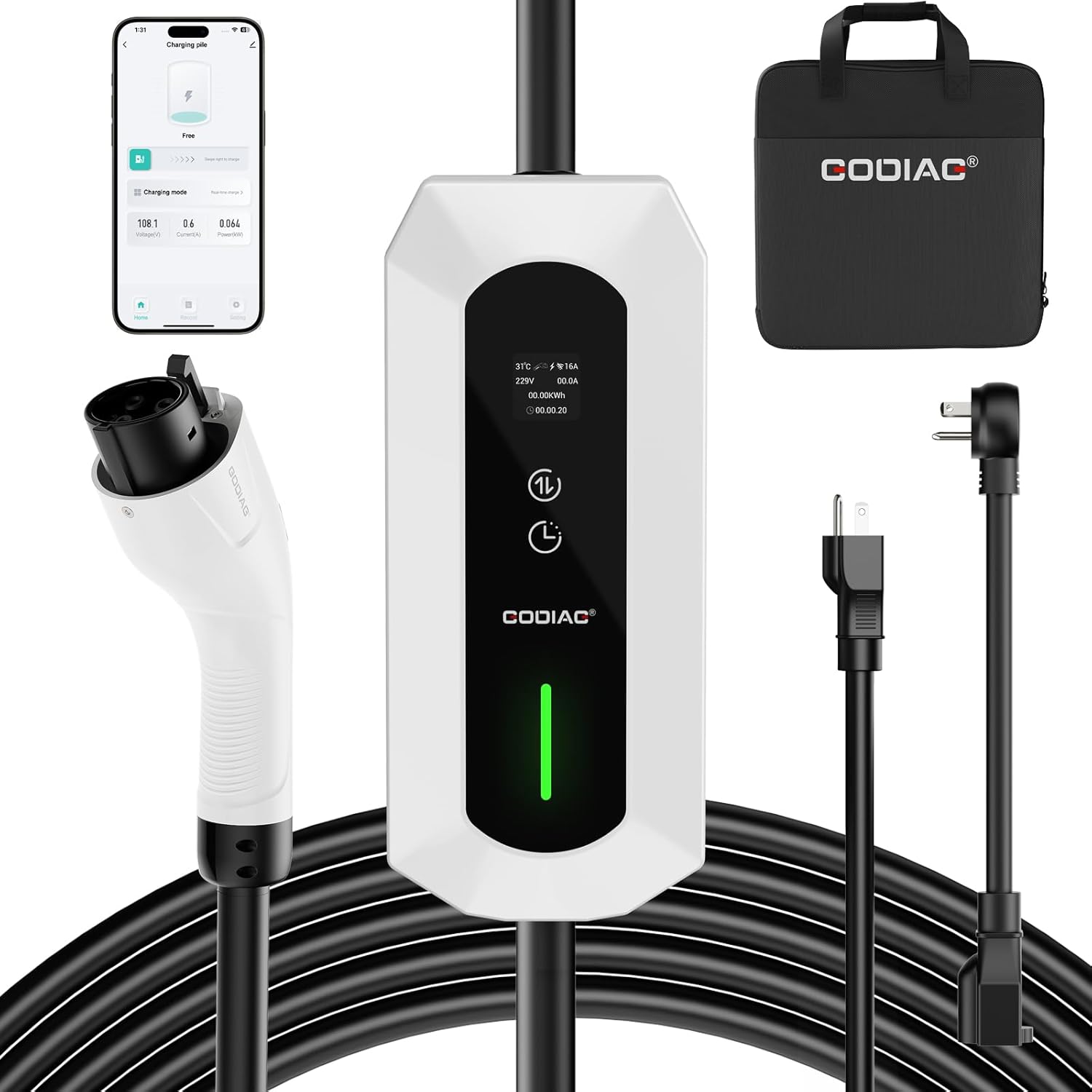



Price: $18.49 - $15.90
(as of Apr 07, 2025 17:18:44 UTC - Details)
What is the Best Sun Blocker? A Comprehensive Guide
Introduction
When it comes to protecting our skin from harmful UV rays, finding the best sun blocker is essential. With so many products on the market, it can be overwhelming to choose the right one for your needs. Whether you're planning a beach day, going for a hike, or just enjoying a sunny afternoon, using an effective sun blocker is crucial to prevent sunburn and long-term skin damage. In this article, we will explore various aspects of sun blockers, focusing on long-tail keywords like "best sunscreen for sensitive skin," "water-resistant sunblock," and "SPF ratings explained." By the end of this guide, you'll have a comprehensive understanding of what to look for in a sun blocker.
Best Sunscreen for Sensitive Skin
If you have sensitive skin, finding the right sun blocker can be a challenge. The best sunscreen for sensitive skin typically contains physical blockers like zinc oxide or titanium dioxide, which create a barrier on the skin's surface. These ingredients are less likely to cause irritation compared to chemical sunscreens.
Look for products labeled "fragrance-free" and "hypoallergenic." It's also beneficial to choose sunscreens with soothing ingredients like aloe vera or chamomile. Always perform a patch test before applying new products to ensure they won't irritate your skin.
Water-Resistant Sunblock
Whether you're sweating at the gym or splashing in the pool, a water-resistant sunblock is essential for maintaining protection. The best water-resistant sunblock can provide effective protection for up to 80 minutes in water or during heavy sweating.
When choosing a water-resistant option, check the label for specific claims. Some sunscreens are labeled as "very water-resistant," while others may only be "water-resistant." Remember to reapply your sunblock after swimming or sweating to ensure continuous protection.
SPF Ratings Explained
Understanding SPF ratings is crucial for selecting the best sun blocker. SPF, or Sun Protection Factor, indicates how well a sunscreen protects against UVB rays, which cause sunburn. A higher SPF number means more protection, but the difference may not be as significant as it seems. For example, SPF 30 blocks about 97% of UVB rays, while SPF 50 blocks about 98%.
It's important to apply sunscreen generously and reapply every two hours, especially if you're spending time outdoors. Don't forget areas like your ears, neck, and the tops of your feet!
Best Sunscreen for Daily Use
For everyday wear, the best sunscreen for daily use should be lightweight and non-greasy. Look for options that offer broad-spectrum protection to shield against both UVA and UVB rays.
Many moisturizers now come with built-in SPF, making it easy to incorporate sun protection into your daily routine. Choose a product that suits your skin type—whether oily, dry, or combination—for optimal results.
Sunscreen for Kids
Protecting your little ones from the sun is a top priority. The best sunscreen for kids is often formulated with gentle, non-toxic ingredients. Look for products that are specifically designed for children and are free from harsh chemicals.
Water-resistant formulas are also a great choice for kids who love to play in the water. Remember to reapply sunscreen every two hours, and consider using sun-protective clothing for added safety.
Mineral vs. Chemical Sunscreen
When choosing a sun blocker, you may encounter mineral and chemical sunscreens. Mineral sunscreens contain physical blockers like zinc oxide and titanium dioxide, while chemical sunscreens use organic compounds to absorb UV rays.
Mineral sunscreens are often recommended for sensitive skin as they sit on top of the skin and reflect UV rays. On the other hand, chemical sunscreens tend to be more lightweight and easier to apply. Ultimately, the choice between mineral and chemical depends on your personal preference and skin type.
Sunscreen Application Tips
Applying sunscreen correctly is just as important as choosing the right product. Here are some helpful tips:
- Apply Generously: Use about a shot glass full of sunscreen for your entire body.
- Don’t Forget Key Areas: Make sure to cover often-missed areas like your ears, back of the neck, and tops of your feet.
- Apply Before Sun Exposure: For best results, apply sunscreen 15-30 minutes before going outside.
- Reapply Regularly: Reapply every two hours, or more often if swimming or sweating.
Conclusion
Finding the best sun blocker is essential for protecting your skin from harmful UV rays. By understanding the different types of sunblock available—such as the best sunscreen for sensitive skin, water-resistant options, and the differences between mineral and chemical sunscreens—you can make an informed choice. Always remember to apply sunscreen generously and reapply regularly to ensure maximum protection. With the right sun blocker, you can safely enjoy the sun while keeping your skin healthy. So, gear up, apply that sunscreen, and have fun outdoors!
ORIGINAL SPF 45 SUNSCREEN FACE MIST. Our refreshing SPF 45 Sunscreen Face Mist is our daily go-to for sheer, lightweight protection from the sun.
MOISTURIZING SUN PROTECTION. Dermatologist and Sonny approved, this non-comedogenic facial sunscreen spray adds a barrier to your face and delivers UVA/UVB protection. Our oil-free, water-resistant and Hawaii 104 Reef Act Compliant SPF 45 Face Mist is great for all skin types.
HOW TO USE. 15 minutes before sun exposure, apply liberally to all areas of the skin and avoid the eye area. For best results, reapply after 80 minutes of swimming or sweating. Sonny’s Tip: Apply every 2 hours for maximum sun protection.
PROTECT YOUR SKIN. The key to practicing safe sun is to protect and moisturize your skin. Our Original Sunscreen line is Oxybenzone, Octinoxate, Gluten, Cruelty and Paraben Free to ensure a fun day in the sun.
TRUST THE BUM. What does that mean? It means trust us, the ones who live on the beach and need products that work on the most intense days in the sun. The simple truth is, when you make products to protect the ones you love, you make ‘em better.
